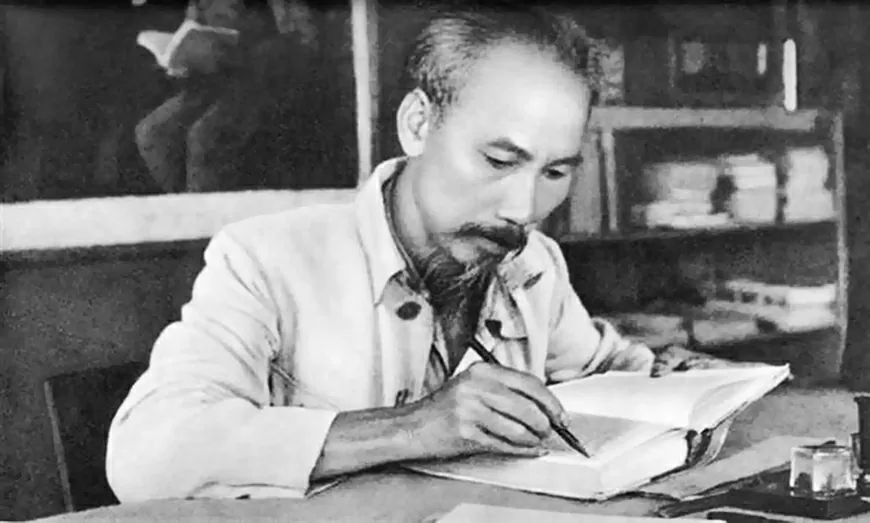 |
| President Ho Chi Minh always affirmed that the people of colonial countries have great revolutionary potential and the national liberation in colonies can only be achieved through efforts to liberate themselves. (Photo courtesy) |
Historical works have preserved the achievements and names of outstanding Vietnamese politicians, diplomats, and military leaders, who have been engraved in golden letters in the country's history and are still respected and remembered by later generations: Le Hoan, Tran Hung Dao, Le Loi, Nguyen Trai... and many others. Certainly, the name of President Ho Chi Minh is on this glorious list.
The lasting foundation of Vietnamese diplomacy
President Ho Chi Minh devoted his whole life to the struggle for independence for Vietnam. This struggle began in an extremely difficult period, when Vietnam was occupied by France, subject to colonial status and completely lost its sovereignty. During this struggle, Ho Chi Minh's ideology was built. It should be noted that during that period, many ideologies were also created in a number of countries, which began to be named after their leaders. Later, new leaders appeared and the names of the isms, as well as the political line, changed. For example, Leninism was replaced by Stalinism... The difference in Vietnam is that, although President Ho Chi Minh passed away a long time ago, the main measures of his ideological system are still in the political practice of the country and continue to be valid to this day.
President Ho Chi Minh played a special role in the development of Vietnamese diplomacy, a diplomacy that from the very beginning was resolute and steadfast in defending national interests. In fact, he himself became the architect of modern Vietnam, and the system he built, which created the strength for the country to gain independence, is still being applied creatively today. In the field of diplomacy, this system is generally called Ho Chi Minh Thought. Ho Chi Minh Thought in general is related to many fields such as politics and military, fields that are often combined with diplomacy, most clearly demonstrated in the Indochina wars, especially against the French and the Americans.
To protect the country's sovereignty and strengthen the fighting power of Vietnamese diplomacy, President Ho Chi Minh actively applied the quintessence of Vietnamese national traditions, as well as the understanding of how Soviet foreign policy operates, knowledge he acquired while working in the Soviet Union. Dozens of published studies have discussed this. However, until now, there has been little research that President Ho Chi Minh was also a master of Eastern strategy, a thinking that he successfully applied in political activities, including the diplomatic field. At that time, Ho Chi Minh personally translated "The Art of War" into Vietnamese and modernized it to solve problems of the mid-20th century... These lessons continue to be promoted in Vietnam's foreign policy.
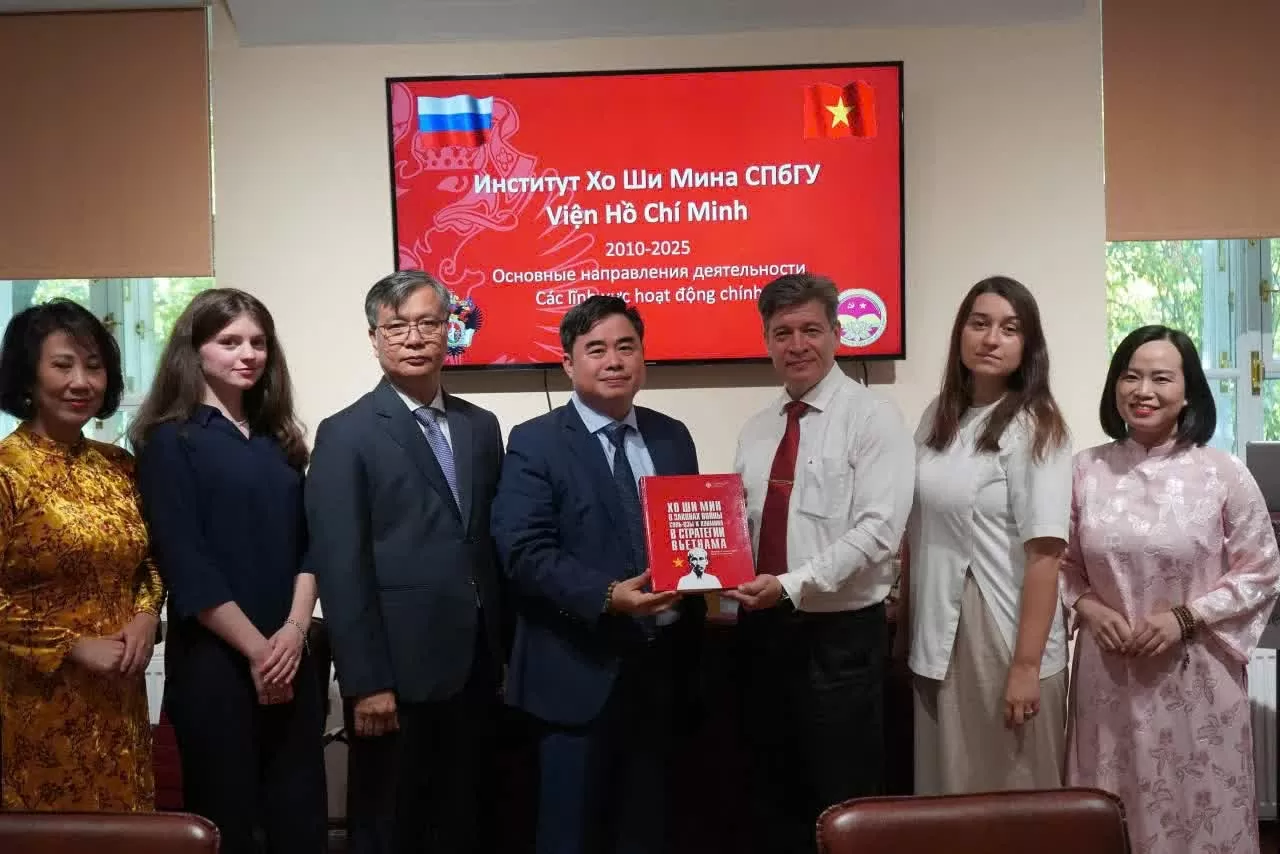 |
| Prof. Dr. Vladimir Kolotov (third from right) presented the book Ho Chi Minh on Sun Tzu's Art of War and Confucius on Vietnamese Strategy in Russian to the working group of the Communist Magazine led by Deputy Editor-in-Chief Pham Minh Tuan. The Russian version was translated by Prof. Vladimir Kolotov. |
Combining national identity with human quintessence
During the Ho Chi Minh era, Vietnamese diplomacy developed the following characteristics: i) The principled anti-imperialist and anti-colonial policy, combined with revolutionary reality. In the face of fluctuations in the external and internal environment; ii) Protecting Vietnam's independence and sovereignty in accordance with President Ho Chi Minh's motto: "Nothing is more precious than independence and freedom"; iii) Avoiding conflicts and building friendly relations with all countries according to President Ho Chi Minh's motto "making more friends, reducing enemies"; iv) Protecting the country with all strength and fighting to complete victory according to the tradition of "fighting to defend the country" of the Vietnamese people when confronting hostility and invasion...; v) People's diplomacy and building relationships with social organizations were also highly valued. During the Ho Chi Minh era, as well as today, this policy is called "public diplomacy". This policy appeared even earlier than the "soft power" policy promoted in the West and has been actively and successfully applied in foreign affairs.
In particular, Vietnam's "four no's" policy includes the following principles: Not participating in military alliances; Not allying with one country to fight against another; Not allowing foreign military bases on Vietnamese territory; Not using armed forces or threatening to use armed forces in international relations helps to increase trust, build friendly relations and cooperation in the region.
Currently, Vietnam continues to implement a diplomatic policy with its own identity, called "diplomacy imbued with the identity of Vietnamese bamboo" - which is also the diplomatic spirit of "Unchanging, adapting to all changes" that President Ho Chi Minh once mentioned during his lifetime. The metaphor used to refer to a common tree in Southeast Asia is bamboo, which grows quickly and still stands firm in strong winds... In the field of diplomacy, this metaphor means defending a principled stance, even when facing political differences to protect one's interests in a flexible but resolute manner. The combination of flexibility and principles in foreign policy according to President Ho Chi Minh's ideology has helped Vietnamese diplomacy contribute to other fronts to win wars with much larger and more powerful opponents. The support of international friends and President Ho Chi Minh's wise foreign policy played an important role in this victory.
Source: https://baoquocte.vn/tu-tuong-ho-chi-minh-trong-phat-trien-ngoai-giao-viet-nam-328314.html




![[Photo] Hanoi morning of October 1: Prolonged flooding, people wade to work](https://vphoto.vietnam.vn/thumb/1200x675/vietnam/resource/IMAGE/2025/10/1/189be28938e3493fa26b2938efa2059e)
![[Photo] President of the Cuban National Assembly visits President Ho Chi Minh's Mausoleum](https://vphoto.vietnam.vn/thumb/1200x675/vietnam/resource/IMAGE/2025/10/1/39f1142310fc4dae9e3de4fcc9ac2ed0)
![[Photo] Keep your warehouse safe in all situations](https://vphoto.vietnam.vn/thumb/1200x675/vietnam/resource/IMAGE/2025/10/1/3eb4eceafe68497989865e7faa4e4d0e)

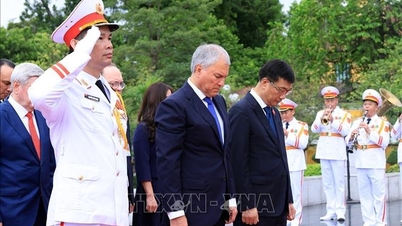

![[Photo] President visits Vietnam's Permanent Mission to the United Nations](https://vphoto.vietnam.vn/thumb/402x226/vietnam/resource/IMAGE/2025/9/24/b97c02dea2634eb38b94b1d6145671e3)


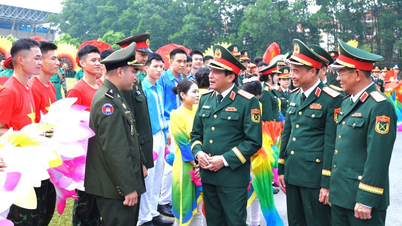




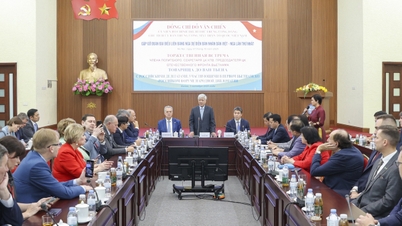

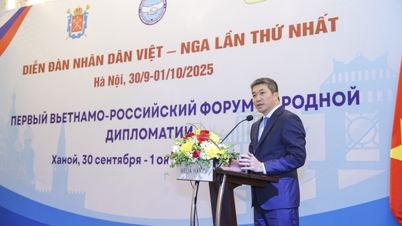


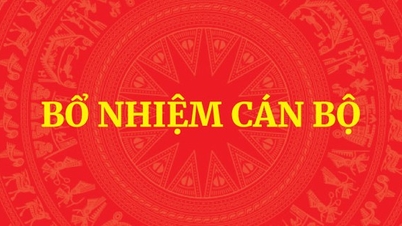
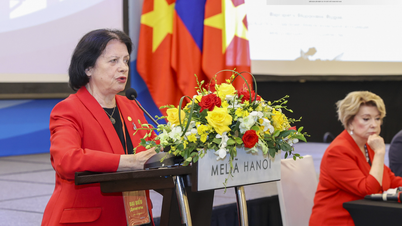
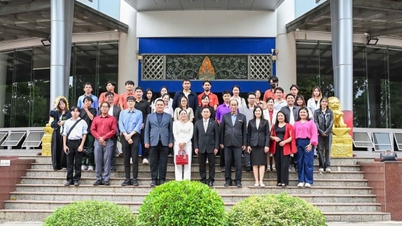











































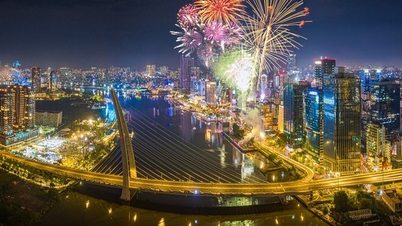
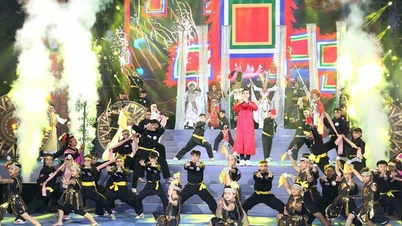
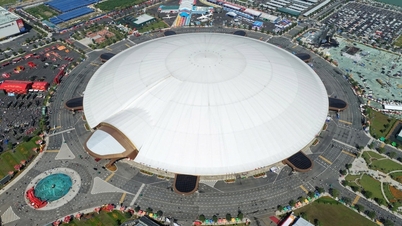


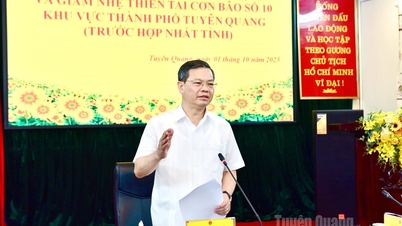

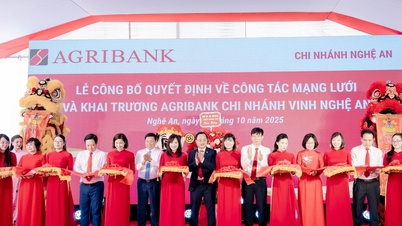

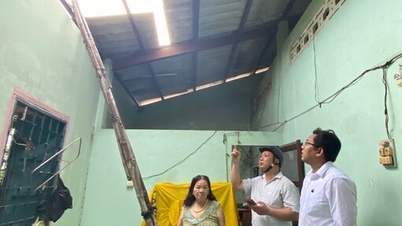


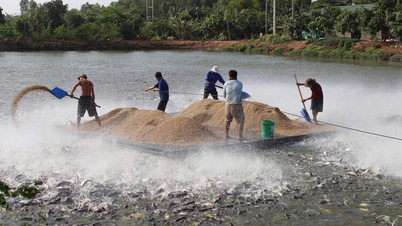

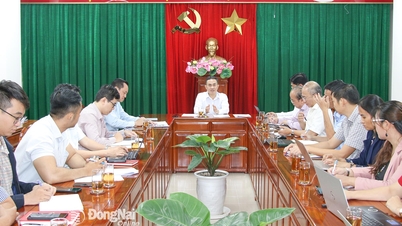













Comment (0)